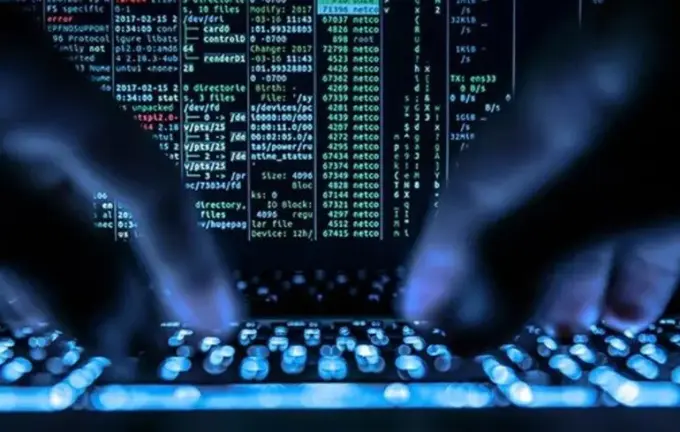First UN International Convention Against Cybercrime Signed by 65 Countries in Hanoi

In the Vietnamese capital, Hanoi, a historic event took place as representatives from 65 countries around the world signed the first comprehensive United Nations Convention aimed at combating the growing threats of cybercrime.
This diplomatic milestone will only come into force once at least 40 nations ratify it, marking a significant step towards global coordination in the fight against cyber threats.
The convention covers a broad spectrum of offenses, including phishing, ransomware, financial crimes, human trafficking, online child exploitation, and the non-consensual sharing of intimate images.
It provides mechanisms for rapid evidence exchange and a 24/7 network for international cooperation on cyber incidents.
UN Secretary-General António Guterres emphasized that this legal instrument will serve as a robust shield in the battle against cybercrime and ensure security for all nations, considering the internet space has become a fertile ground for criminal activity, where billions of dollars disappear daily through fraud schemes.
The treaty aims to establish a powerful legal framework to prevent abuse while also protecting human rights and lawful research activities, though some cybersecurity organizations and tech firms criticize its vagueness, warning about potential misuse for surveillance and restrictions on free speech.
Groups like the Cybersecurity Tech Accord, which includes Meta and Microsoft, have labeled the document as a “surveillance treaty,” fearing it could legitimize excessive data sharing between governments.
Meanwhile, the UN Office on Drugs and Crime, which coordinated negotiations, states that the text contains safeguards against human rights violations.
Yet, human rights advocates argue that the risks increase when authoritarian regimes utilize such tools to tighten repression.
Interestingly, the country that signed the treaty, Vietnam, has faced previous criticism for Internet censorship and the persecution of online activists.
Human Rights Watch reports that at least 40 people have been arrested this year for online dissent, and the US State Department recently highlighted significant human rights issues in Vietnam.
Signing this UN Convention on Cybercrime represents a key milestone in shaping global cybersecurity standards, but the ultimate success depends on the international community’s ability to prevent misuse and uphold human rights online.
Signatories include the European Union, the United States, and Canada.
Additionally, the EU has announced plans to strengthen cooperation with its national armed forces and NATO in responding to large-scale cyberattacks, having approved an updated cyber security response plan to better address major incidents across member states.

